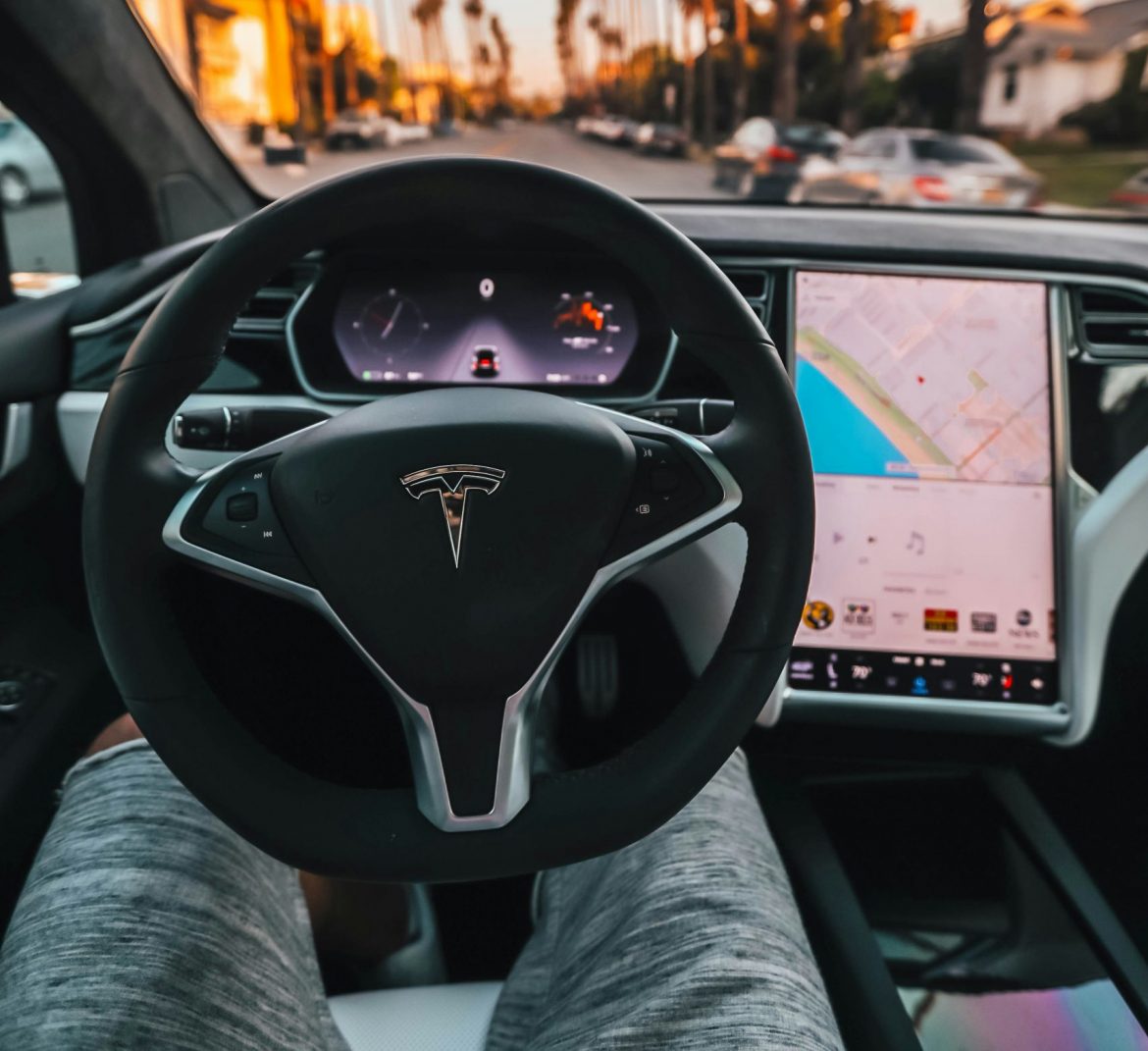On his quick weekend trip to China, Tesla CEO Elon Musk managed to make progress towards rolling out of the advanced driver assistance system in the country, pushing Tesla stock up 16% on Tuesday. By exploring his possibility, he managed to skyrocket the company’s China market and the spike amounted to USD 90 billion addition to its market value.
However, key concerns remain whether Tesla can secure government approvals to transfer data overseas that could prove pivotal in its development of autonomous vehicles. Musk’s travel to Beijing without prior notice were to address these concerns about data-privacy and Full Self-Driving software, a source informed Reuters.
Musk’s negotiating with his Chinese counterparts yielded major breakthroughs, the most important one being a unanimous verdict by a top Chinese auto association that both Tesla’s Model 3 and Model Y cars met data-security regulations. This support grants Tesla the immediate opportunity to enter into places of China that it was barred from before, according to Chinese media reports.
Apart from that, Tesla signed a deal with Baidu, a Chinese giant in the field of mapping, to use their mapping license for data collection on China’s public roads. Nevertheless, acquiring China’s support for oversea data transfer remains key for FSD rollout in China and autonomous vehicles worldwide.
Automakers often use data provided by their cars to train autonomous driving systems to perform increasingly complicated tasks without supervision from a human driver. Without China’s approval for data transfer, Tesla will not be able to use data collected by its cars in China to develop autonomous cars for a global customer base.
Tesla’s apparent strategy shift to focus on driverless technology has recently intensified, however, blurring its initial goals of being the mass-market standard when it comes to the battery powered vehicles. However, the evolution of Musk’s negotiations in China regarding the data interconnecting allowance would later have a major impact on Tesla’s position both in Chinese self-driving market as well as other markets.



